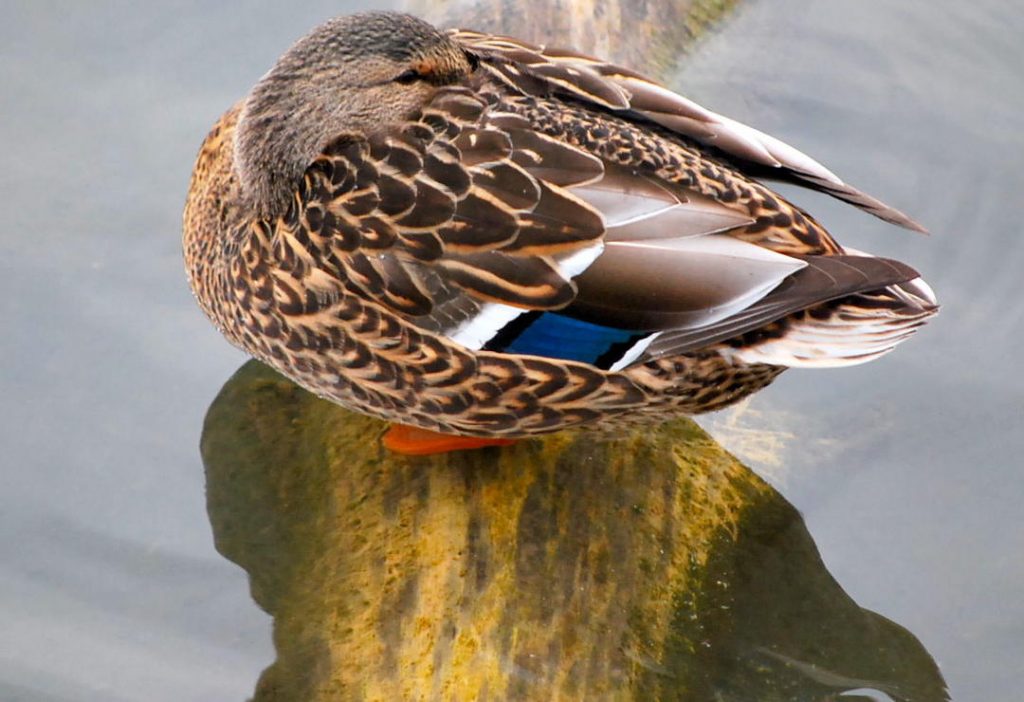Do birds fall asleep at night? Or do they close their eyes? Where do they go to sleep or rest? What happens with them at night?
These kinds of questions always arise in our minds. It is exciting to know what is happening worldwide when you are closing your eyes or working.
Yeah, birds do sleep at night, but there is a bit of a twist in this story. There are several kinds of techniques that the birds apply to themselves.
Owls and Nighthawks
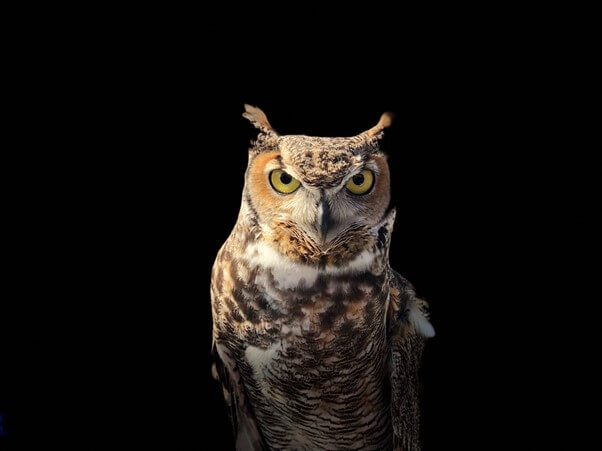
Have you ever seen a nighthawk or an owl? Both are nocturnal birds, and these birds prefer flying at night rather than flying in the daytime. Night owls are evening people. They prefer night-time to that of the daytime.
Night owls are very energetic and have got attitude problems. But they are the most creative and intelligent creatures among them all. Nighthawks are medium-sized birds. They are usually dark in color, and it isn’t easy to spot nighthawks during the daytime.
They are very similar to the owls. They wake up from their sleep as soon as the Sun sets in the west and move out at night to hunt their prey.
So, this makes the concept clear that these birds sleep during the daytime. They close their eyes only after finding a safer place to block out the daylight. But all the owls do not sleep during the daytime.
The northern pygmy owl and the northern hawk owl are daytime hunters. There are also owls found who hunt both during the day and the night-time.
Do the Birds Fall Off Their Perch While Sleeping?
Not really. They do not fall off the perches while sleeping. But there are cases too where owners found their bird down the perch flapping on the ground. Human feet are pretty, but I find the birds’ feet to be prettier as they are pretty specialized in various fields.
The birds usually lock their claws on the perch in position, helping them out from falling while sleeping. Several birds are found, and few stands and few sites on the perches with their locked feet. Swifts sleep by hanging on the vertical walls. Sleeping is a kind of serious business for the birds.
It is a situation of life and death for them. The perches they select have a criterion of being dry, sheltered from the wind, and should be out of any predators’ reach. The birds always sleep in a locked position, so it does not change their grip when they fall asleep.
Do the Birds Get A Good Sleep at Night?
No, not like we humans. Their sleep is different from that of ours. Birds love sleeping in small snatches unless and until startled by a predatory threat, cold conditions, or by a neighbor. They can also sleep with an open eye.
This happens because while sleeping, half of their brains sleep and the other part stays awake. Scary! This condition allows them to spring back into action in case of an arising threat between sleep. Ducks are very good at performing this activity. Birds who know this technique can also sleep while flying. Few of the migrating birds also know the same.
What Do the Birds Prefer? Day or Dark?
Birds, too, look good under the sunlight, just as we humans do look. They look a bit healthier under the spectrum of light. Birds need enough sunlight for their health.
Vitamin D helps to regulate the amount of phosphorus and calcium in a bird’s body. And Vitamin D is found in the sunlight; hence sunlight is essential for the birds.
Most birds prefer sleeping in the night-time because sleeping during the daytime causes stress to the birds, which might lead to a change in behavior, including biting, screaming, and several types of activities.
Sleep during the daytime causes various disturbances to the birds. Lack of sleep might harm the bird’s immune system.
How Birds Sleep?
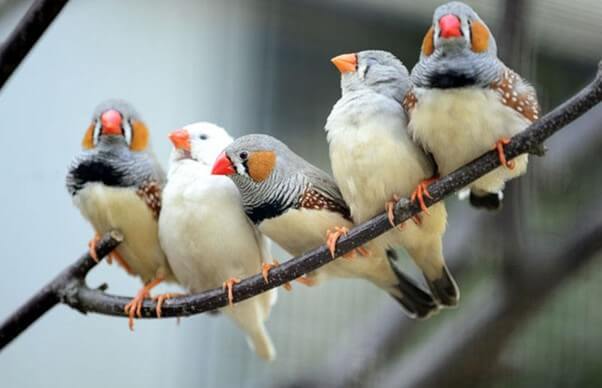
Most birds prefer sleeping at night and staying active during the day other than owls and nighthawks. The main activity of the night-time is to sleep, which is applicable for most of the birds. The birds choose such kinds of perches for them, which would ensure them no harm at all.
They also know certain tricks which help them at night to keep themselves safe from predators. Small birds sleep close to the trees’ trunk because the trunk provides heat absorbed from the Sun during the daytime.
They also sleep close to the trunk because they could quickly get to know by the vibrations whether any predator is trying to climb up or not.
Sleeping in flocks for the birds is very advantageous because the one who is sleeping on the edge might alert the entire flock if it feels any danger or threats near them.
Wintery Nights
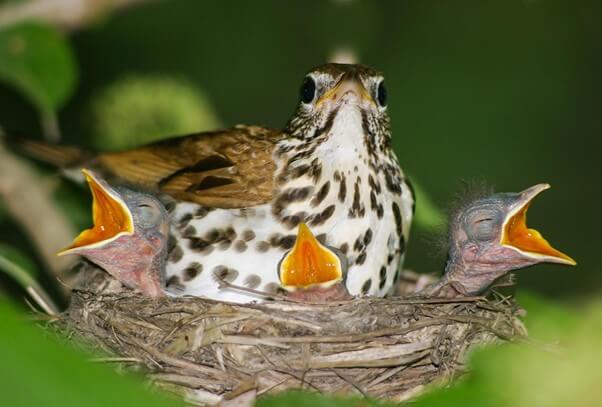
Wintery nights throw extra challenges towards the birds at the night hours. At night, temperatures drop to 11° to 12° (may vary depending on the regions) in the winter season. This decreased temperature might subject the birds to various dangerous conditions.
This kind of climate conserves energy from a bird’s body, making them weak to survive a wintery night. It is not so risky if they all sleep together in flocks. It does not allow the body temperature to be so low, and hence energy consumption is less.
In this climate, the birds fluff their feathers to create air pockets that protect them from the cold climate. Parent birds cover the chicks at night to keep them safe no matter what the weather condition is.
Night-time Activities
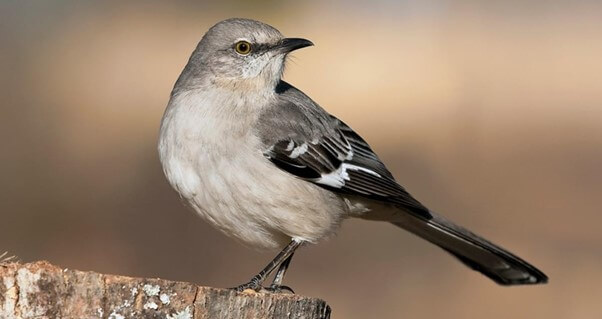
The night-time is meant for sleeping, and, during the night-time, few of the birds migrate to other regions or attract mates. Few birds sing at night. They sing during the night-time because that is the perfect time to find peace, less noise, and sound could be heard at greater distances.
This night-time helps the birds especially to find mates. Birds like sedge warbler, northern mockingbird are the birds who sing almost the entire night. The birds love singing under the moonlight. They also sing at places where artificial light is found during the night-time, mistaking that light as the moonlight.
Birds prefer the nights to migrate rather than the daytime. Migration during the night-time helps small birds a lot. It helps them to avoid contact with airborne predators.
Where Do They Sleep?
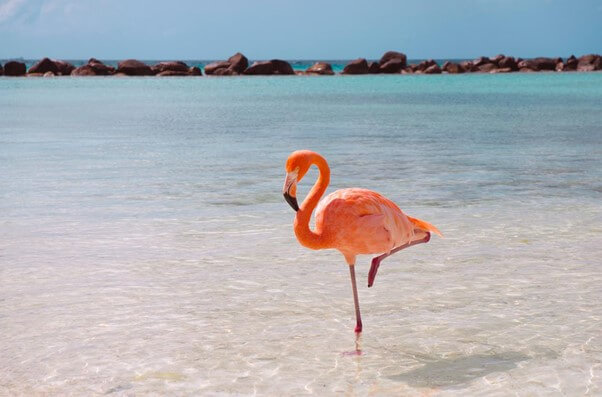
Birds do not sleep in the open. They choose safe locations to save themselves from predators. There are birds present who sleep on the water, floating safely, totally out of the predators’ reach. Flamingos stand in the water while sleeping.
The vibration of the moving water quickly alerts the birds sleeping. Birds never sleep in their nest. Parent birds who must take care of their chicks only do sleep in the nest. Small birds sleep high up in the trees by making a big hole in the tree trunk.
Collared Dove and Blue Tit
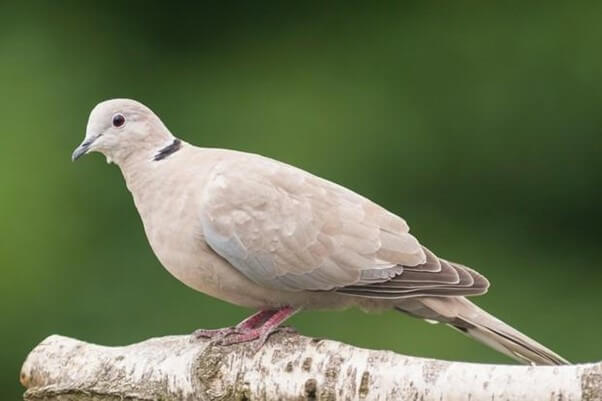
These birds go to sleep as soon as the Sun sets in the west and wakes up as soon as the Sun rises in the east. This happens because their body clocks are finely tuned to maintain the timings.
Collared doves are known to travel about 600km away from their birthplace.
They can breed continuously in warm regions. The female bird takes care of the eggs during the day, and the male bird takes care of the eggs at night. These birds live around three years, so they reach sexual maturity at the age of one.
Blue Tit is a European bird. Not all the birds, but a few birds move about 20km during the winter season. Male and female almost both the gender looks similar, but the female bird has a blue shade on the head. They breed from the third week of April.
In the summer season, they love having insects as their principal food. In the winter season, they prefer a mixture of both insects and seeds.
Where Do the Birds Sleep When It Rains?
Seabirds
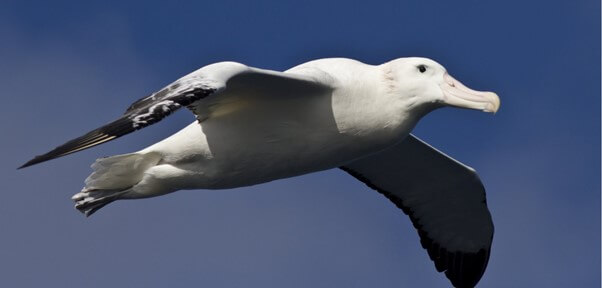
During a sea storm, the small birds move to the land for shelter. They know when the storm can occur according to the fact they fly to the land from the sea. Otherwise, seabirds are never found near to the land.
Larger birds can fly out of the storms, so they do not need the land to take shelter. Their absence often indicates an approaching storm.
Land Birds
Light rain never affects the birds, whether they are small or large, male or female. Their feathers help them keep warm as rain means a cool climate that is adequate for their health. But in case of heavy rains, the birds move into the trees or bushes for shelter.
During the rain, they conserve energy as they do during the night-time by taking a rest or sleeping. Insect-eating birds suffer a lot during the rainy season as their food gets washed away by the rainwater. Birds often do die of hypothermia during a long period of stormy weather.
Ducks
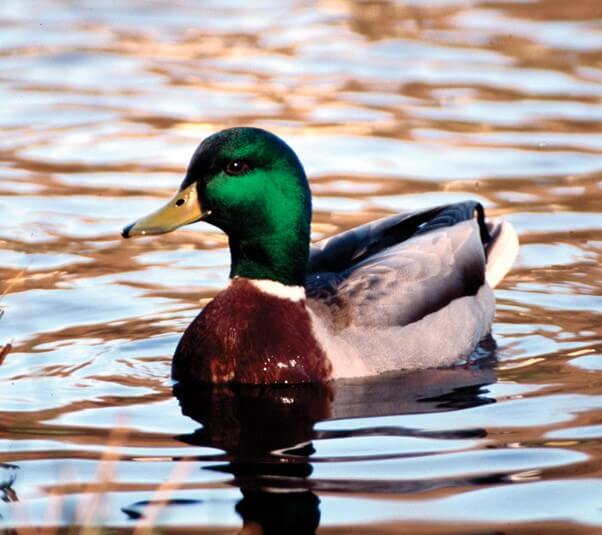
Ducks enjoy the rainy season as this season turns out to be a season of golden opportunity for them. Flooded fields turn out to be new lands for the ducks. The rainy season means a lot of insects. This makes them happy and provides them with enough food to eat.
Heavy rains during the breeding season of the birds cause a lot of damage to the bird population. This happens because, in comparison to adults, the chicks are far weaker than them.

